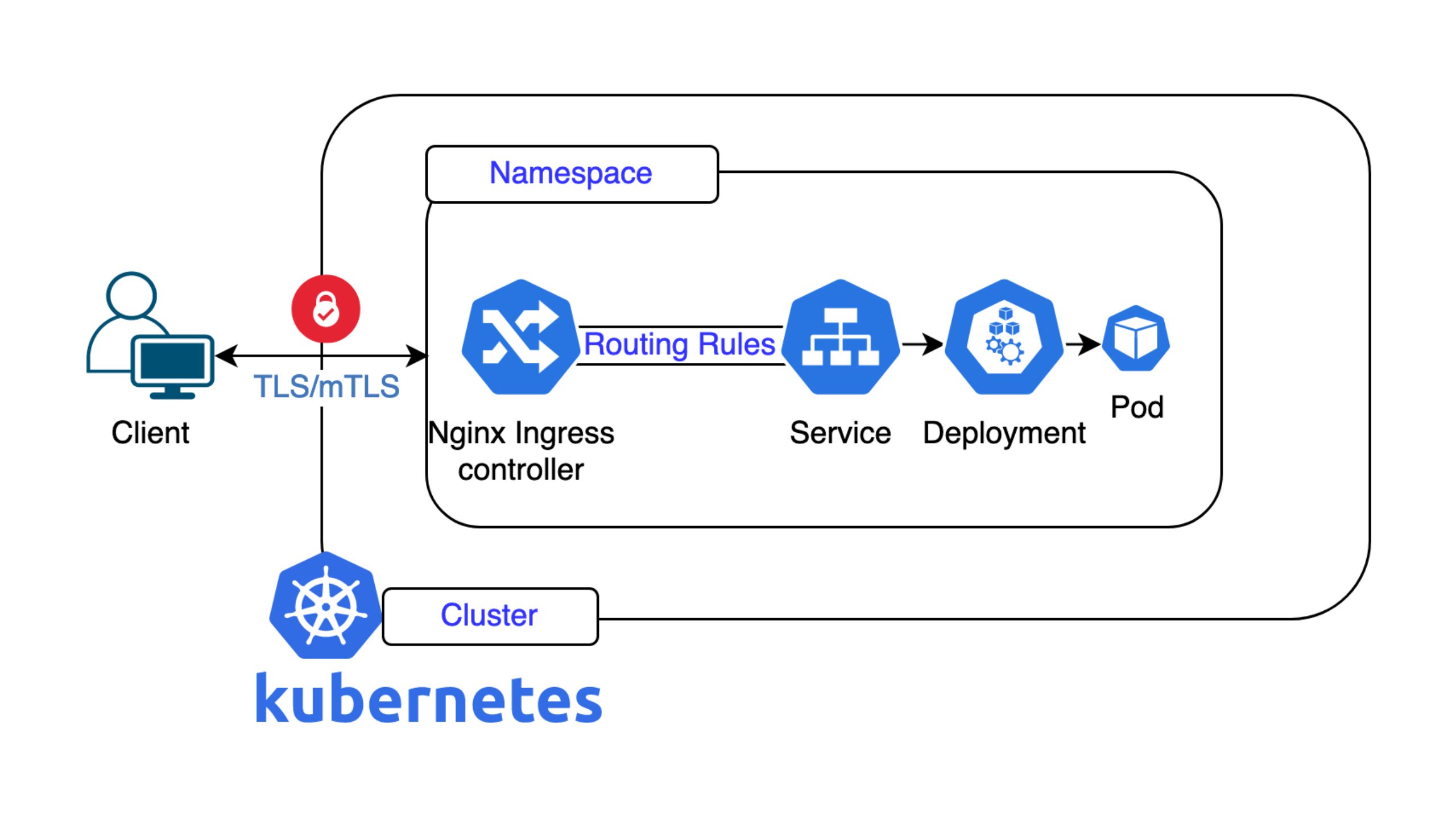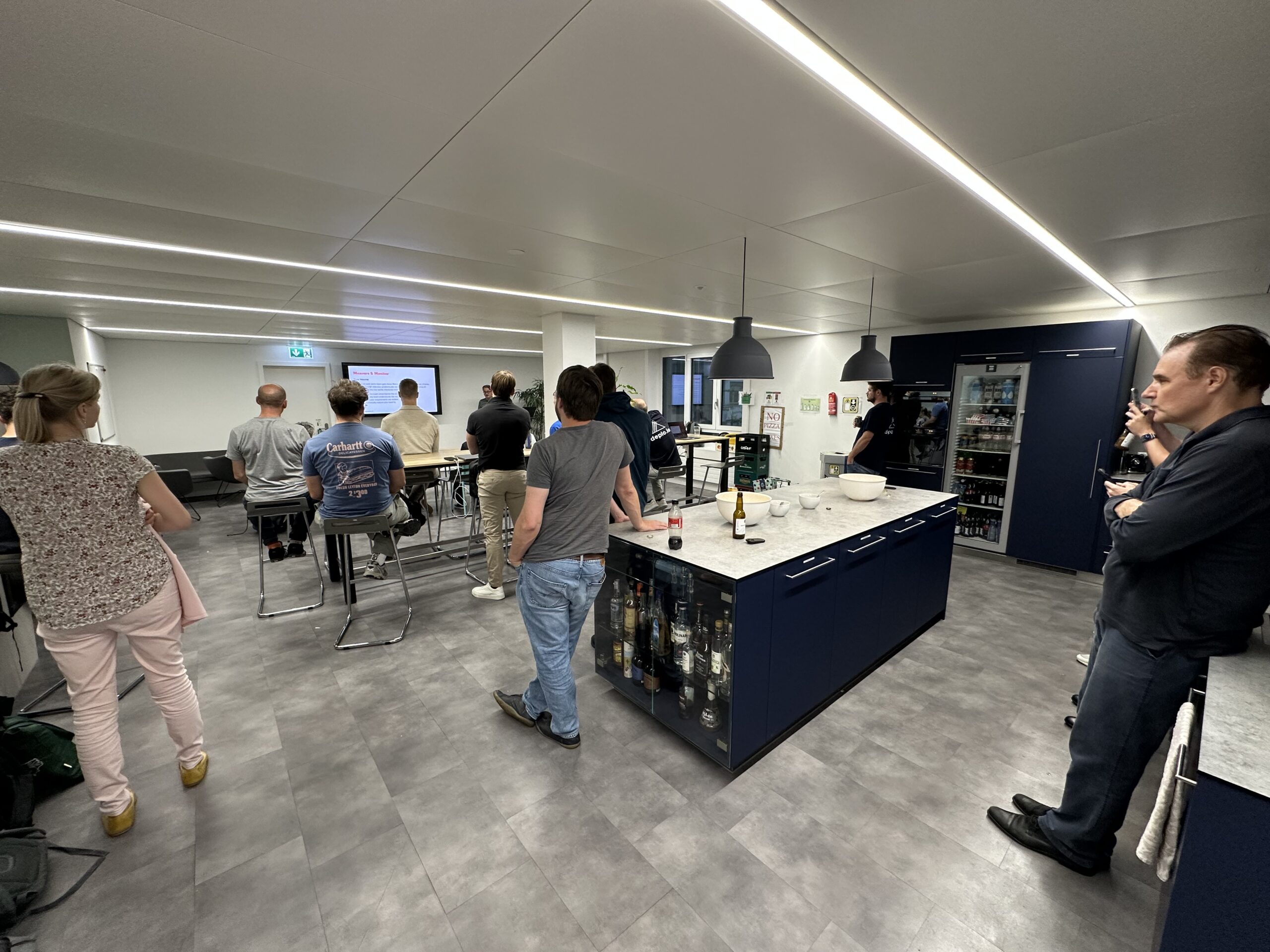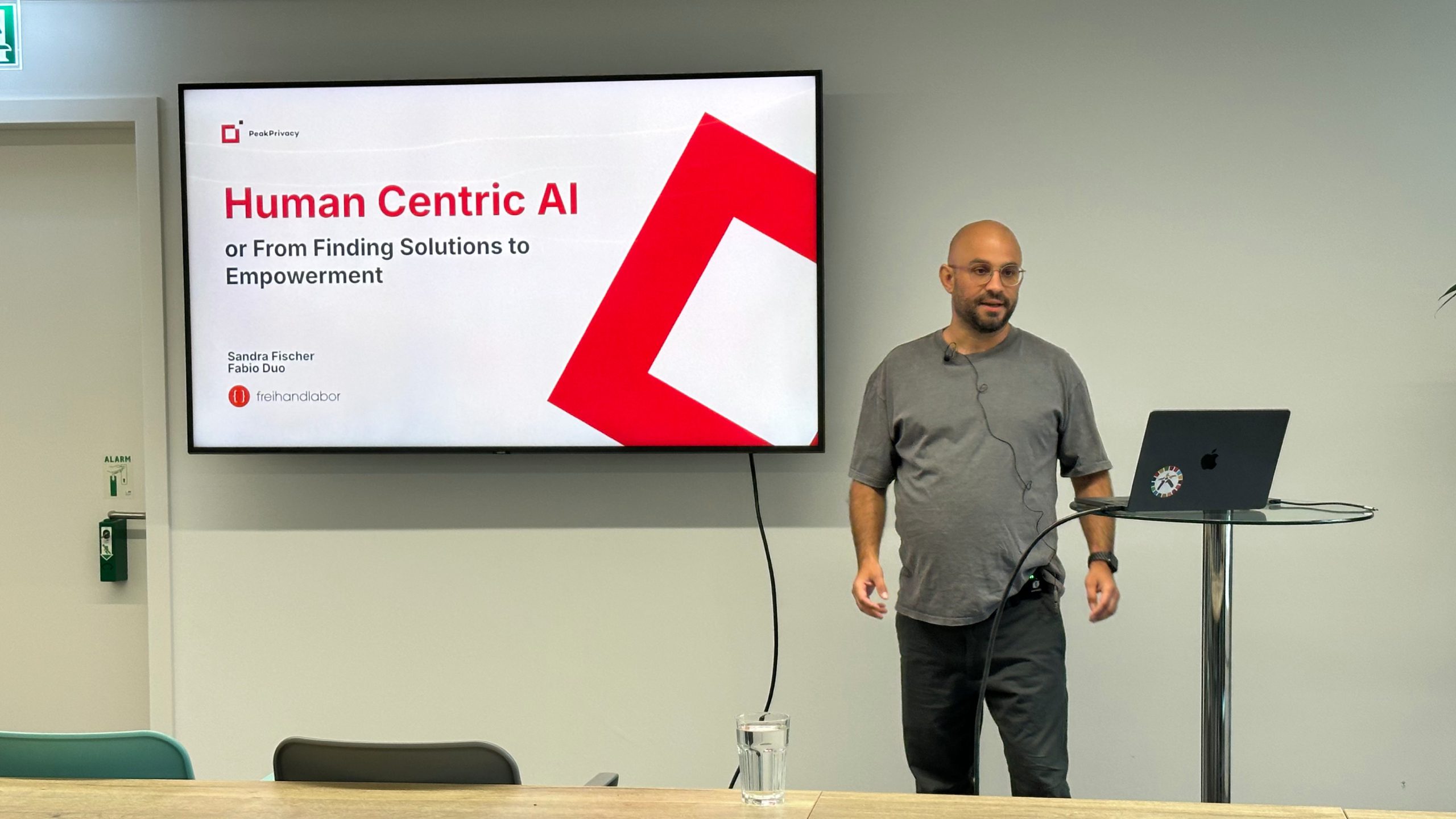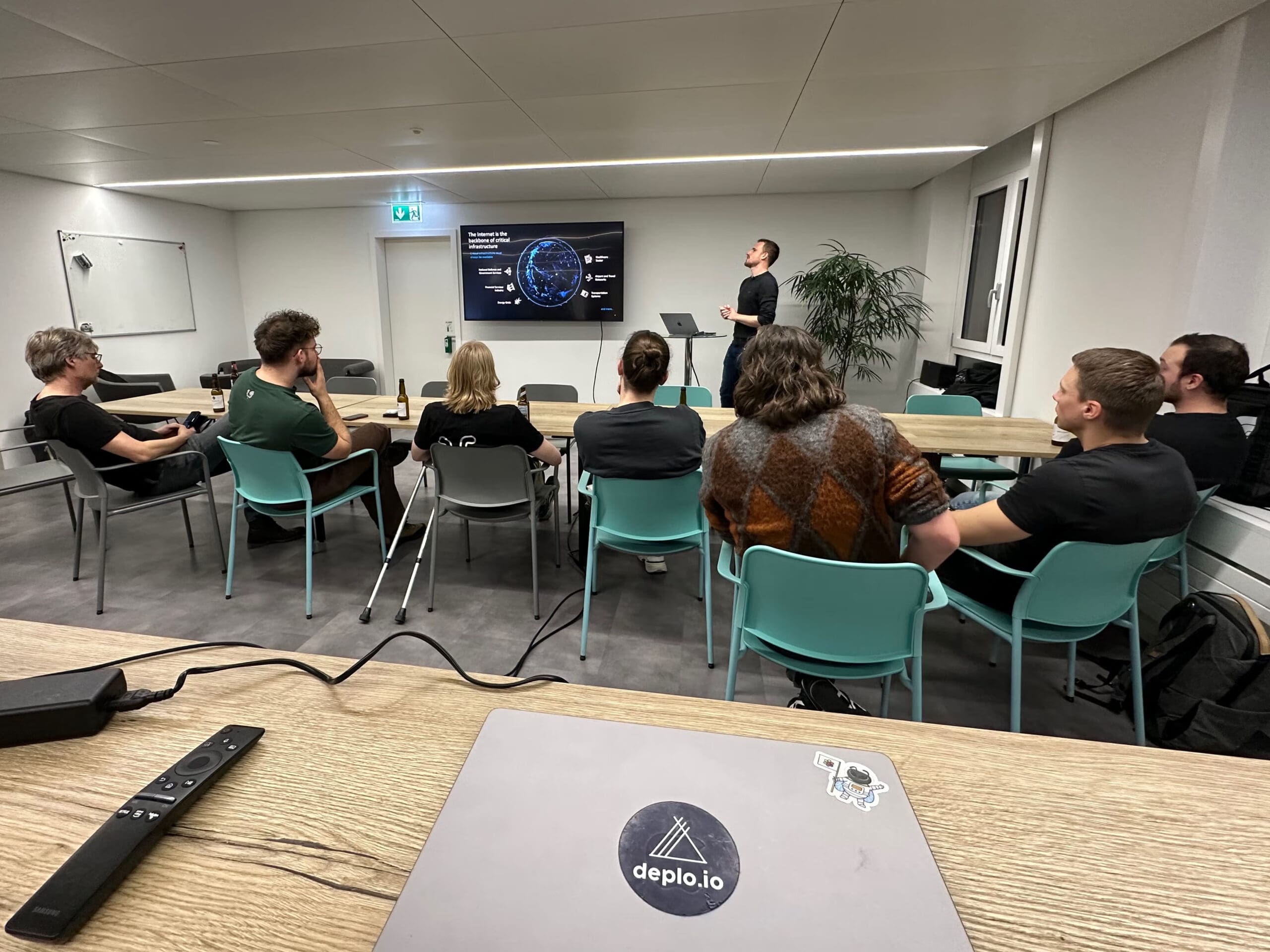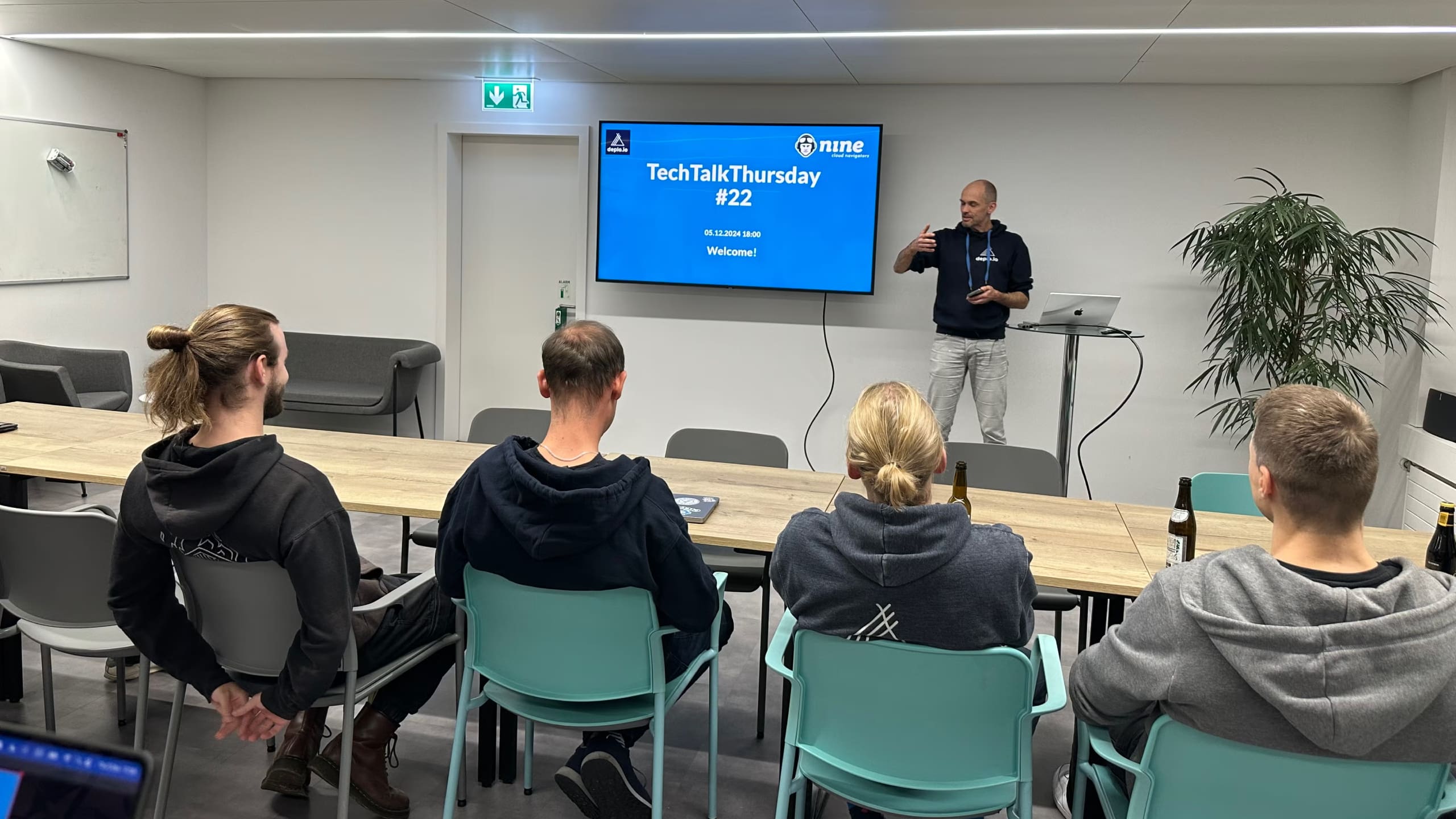Self-service has become ubiquitous beyond the IT sector. Nevertheless, self-service cannot solve every problem. What do customers really want? This post outlines the advantages and disadvantages of self-service in cloud management.
What is self-service in cloud management?
Self-service is more than a simple do-it-yourself approach: the word denotes that something has been automated. The idea behind this is to make processes more efficient and to enable easier access to low-level services. In IT, this is no longer surprising – whether in IaaS (Infrastructure as a Service) or SaaS (Software as a Service), self-service has become the standard. With cloud self-services, customers can book servers and storage space themselves, or start applications through a web-based portal.
Through the wide-spread use of self-service, its strengths as well as its weaknesses are increasingly brought to light.
When is self-service beneficial?
Self-service provides clear advantages. Here are the three core benefits:
1. Self-service means flexibility.
When experienced IT specialists want to manage cloud applications quickly and independently, self-service is hard to beat. A specialist can configure databases and activate additional storage without any outside involvement.
2. Financial optimization is simplified.
Several self-service portals provide usage-based pricing models, meaning that customers only pay for what they really use. Thus, depending on fixed monthly or quarterly packages has become history. In particular, this can be crucial for small and medium-sized companies and agencies who plan from one month to the next.
3. In cloud computing, automation is king.
Customers who develop and sell software themselves benefit from the automation of the entire supply chain. Modern self-service portals are based on an API which is also accessible without the portal itself. Thus, application management in the cloud is an automated process; as well as activation and deactivation of VMs, load-based configuration of databases and much more.
Not a solution for every problem
One thing is clear: self-service is no panacea, even though it is sometimes claimed to be – whether in CRM systems, customer support or as an employee self-service solution (ESS).
There are three key reasons for this:
1. No self-service portal is all-encompassing.
Every sector, and every client, has different needs. In every case, human involvement is needed at some point. In cloud management, this is clearly evident:
Since technologies like Kubernetes can be used for such a broad range of applications, and since every customer uses it differently and therefore has distinct requirements when it comes to the end product, service providers have to be aware that no self-service frontend can provide a solution for each and every one of their clients.
2. Security requires quality control.
Self-service alone cannot create security. And this is not due to the fact that individual users should not be trusted, but simply because it is always useful to have a second pair of eyes to check.
It is easy for users to make a mistake when configuring their own server. They are only human, after all. Clicking on a new, unfamiliar feature requires current knowledge of possible security vulnerabilities which a user might not be aware of yet.
Having someone double-check can help to avoid unwanted consequences early on.
.
3. External expertise can uncover unexplored potential.
While the online portal allows for functionalities to be activated or deactivated, a dashboard cannot indicate whether a feature would be useful in specific scenarios. A competent advisor, on the other hand, can immerse themselves in the use-case, point out possible fallacies and find optimisation potential.
Customer Support Requires Expertise
Here’s the truth: no automated solution can replace a human consultant. This is not only substantiated by our many years of experience in working closely with customers – a current IFZ Retail Banking Research Paper also shows:
- Large parts of customer interaction are now digital.
- Nevertheless, one-to-one conversations remain the most popular communication channel.
- The key to success is consulting across both digital and analogue channels.
The banking research paper corroborates what we know from our own business: customer service is about more than self-service. It is about consolidating automation and consulting.
At Nine, this is what we have found, and we see it every day in practice; our customers want our expertise. They like to pick up the phone and reach out, because this allows them to have an in-person chat with an engineer.
However, consulting only works if the consultant is seen as an expert who gives neutral advice rather than acting as a salesperson, someone who is competent and knows the customer’s individual circumstances.
Direct access is key
In conclusion, there is good reason for self-service as a standard in IT. At the core of this is direct access — to one’s account, to configurations, booking and billing. But also direct access to technical expertise, to the engineer. Many self-service providers are unable to supply the latter, as their offering is fully automated.
In the end, self-service replaces many cumbersome processes. However, there is one thing it cannot be a substitute for: personal consulting and the service provider’s expertise.
If you would like further information regarding self-service, contact Nine.





















